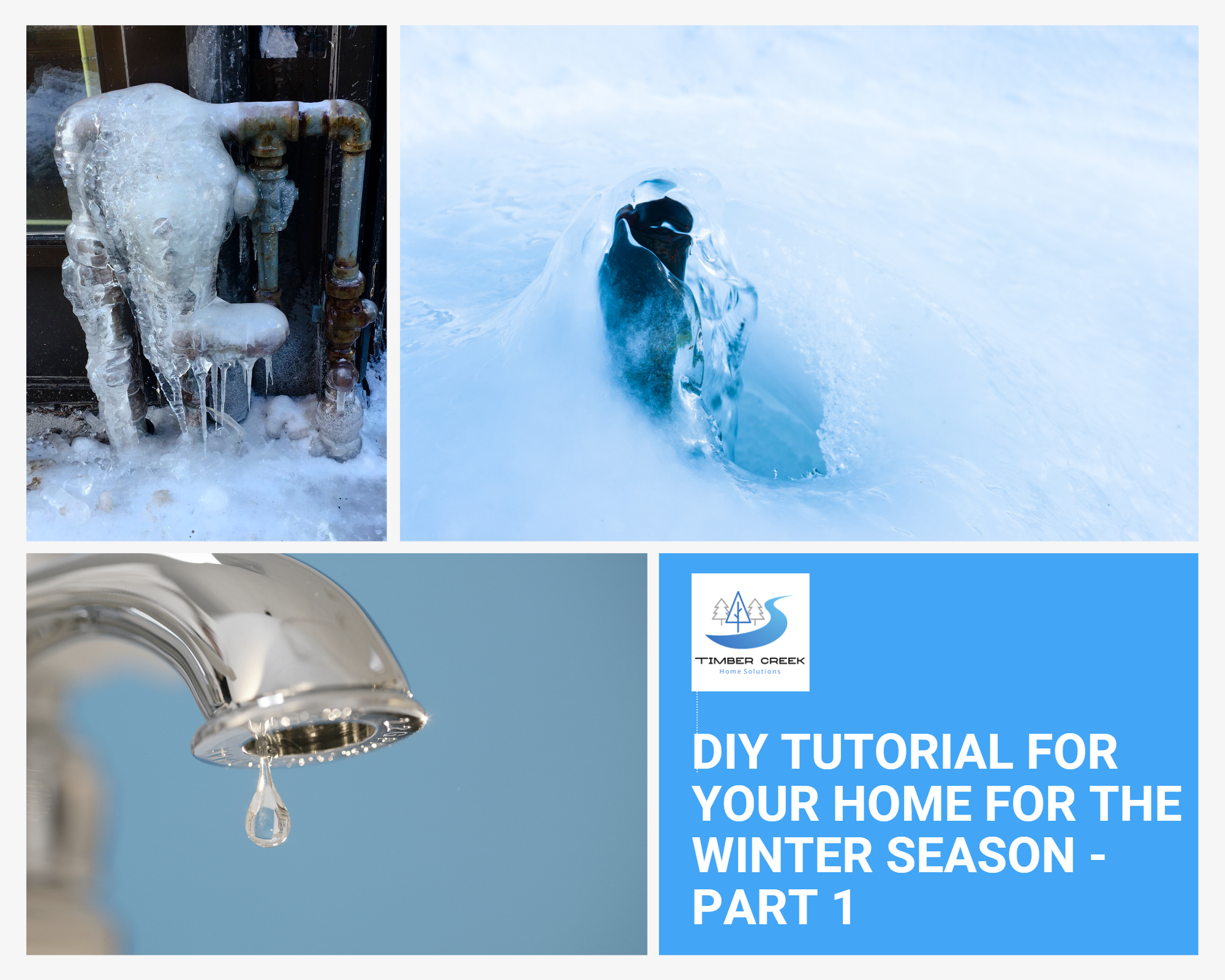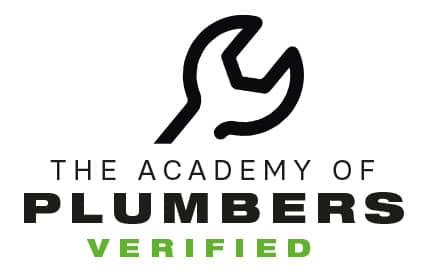How To Winterize HVAC System
Introduction
The winter season is upon us, and you must start thinking about home heating and cooling. You need to do several things to prepare your HVAC system for winter, such as cleaning filters and checking all of the components that make up your system. These steps will help ensure that your system functions properly during the colder months ahead so you can continue enjoying optimal comfort levels throughout the year.
Clean and adjust blower components to provide proper system airflow for greater comfort.
- Clean the blower fan.
- Check the blower wheel for wear and replace it if necessary.
- Check the blower motor for proper alignment and replace it if necessary.
- Check the blower housing for cracks or damage and repair as required.
- Check heating/cooling system operation, including ductwork, air filters, thermostat operation, etc., to ensure proper airflow through your home’s HVAC system.
Inspect, clean, and replace air filters.
- Inspect, clean, and replace air filters. Air filters should be replaced every 3 months. You can use a vacuum cleaner to clean the filter, but if you notice it is dirty or damaged, you’ll need to replace it.
- Check all ducts for leaks or damage and repair them as needed. Ducts should be checked for leaks or damage annually during the winterization process; after repairs are made, they should also be inspected annually during subsequent seasons.
Lubricate all moving parts.
Lubrication is essential to the operation of your HVAC system. When the air conditioner operates, dust, dirt, and other contaminants can build up in the system. If this dirt is left unchecked and allowed to clog moving parts such as fan blades or blower motors, it can cause damage to your HVAC equipment.
Lubricating all moving parts will prevent costly repairs down the road and help ensure a more efficient cooling season during the summer months by extending the life span of your unit.
Check and inspect the condensate drain in your central air conditioner, furnace, and/or heat pump (when in cooling mode)
- Check if the condensate drain is clogged with debris, dust, or leaves.
- Check for leaks in your system.
- Check for blockages such as tree branches, insulation, and snow.
Check controls of the system to ensure proper and safe operation.
- Thermostat – Ensure that the thermostat is not set too low or high, as this could cause problems with your heating and cooling system.
- Air Filter – Check that clean air filters are in place to avoid problems with allergy sufferers and irritated eyes or throats.
- Air Conditioning System – Check that your AC unit is working correctly before placing it into storage for winter by ensuring the compressor turns on when you turn on the fan and check that there are no leaks anywhere in the ductwork from your home to outside. If you find any cracks, replace them immediately, saving money on repairs later!
Check the starting capabilities of the electric motors.
It is essential to check the starting capabilities of electric motors.
- Check that the motor is receiving power.
- Check that there are no loose connections.
- Check that there are no damaged wires or internal parts, such as brushes and bearings.
Check for gas leaks if you have a gas furnace.
If you have a gas furnace, now is the time to check for gas leaks. You can do this with a propane sniffer, a soapy water solution, and a spark detector. Before starting this process, be sure to shut off all power and turn off any pilot lights.
You will want to look for three different types of leaks:
- Propane leaks. These are usually near the igniter or in the gas line itself. They will be easy to spot since they will cause an odor similar to rotten eggs or burning rubber. If you smell this odor, shut off all power immediately and call an HVAC specialist who can fix these problems before proceeding further.
- Natural gas leaks should be checked by using either a soapy water solution on all joints or pipes leading into or out of your furnace (not just where they connect) or by using an electronic leak detector which uses infrared light waves that measure heat waves caused by escaping gas molecules escaping into its path—especially useful when there isn’t much space around tubings such as when it runs through walls or floors).
Central heating and air conditioning equipment should be professionally serviced at least once a year.
If you don’t have a regular HVAC service professional, consider hiring one before the season’s first cold snap. A professional can help with the following:
- Checking for air leaks throughout your home that may be causing heat to escape or increasing energy bills
- Making sure that all heating and cooling vents are clear, especially if you’ve had any renovations done recently
- Checking filters for proper airflow
Conclusion
Keeping your HVAC system in good working order is essential for your home’s comfort and energy efficiency. Your system may not need a full-blown overhaul this winter, but there are some things you can do to keep it running smoothly. One of the best things you can do is have an annual inspection by a professional who will adjust any parts that may be out of alignment, clean filters, and inspect all other components so they’ll be ready when temperatures drop again next year.






